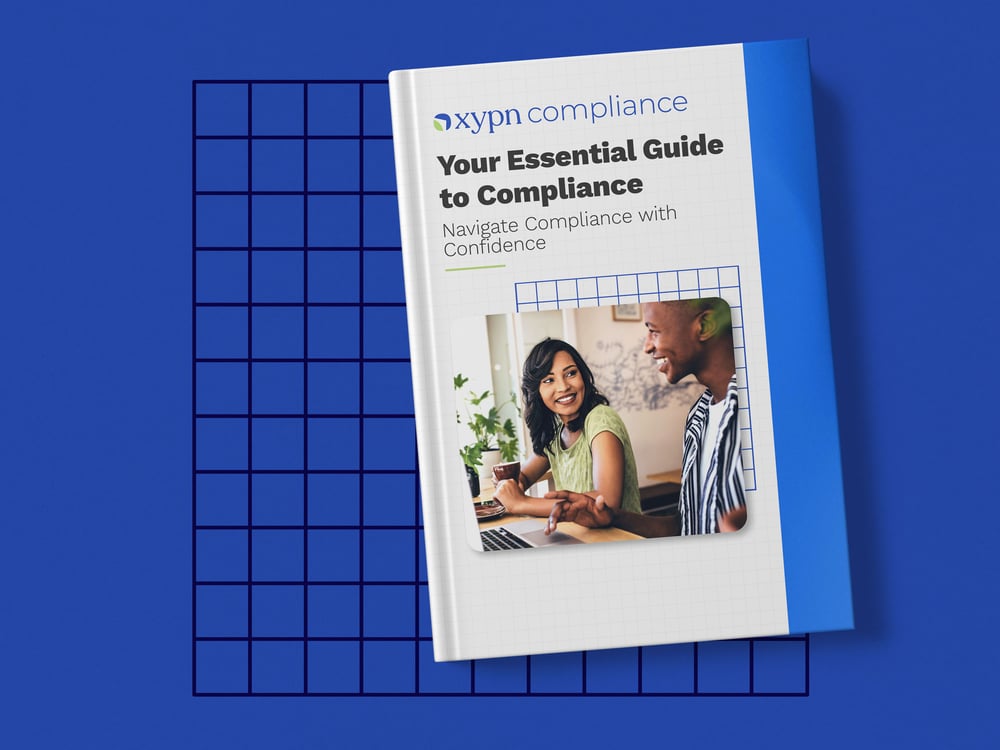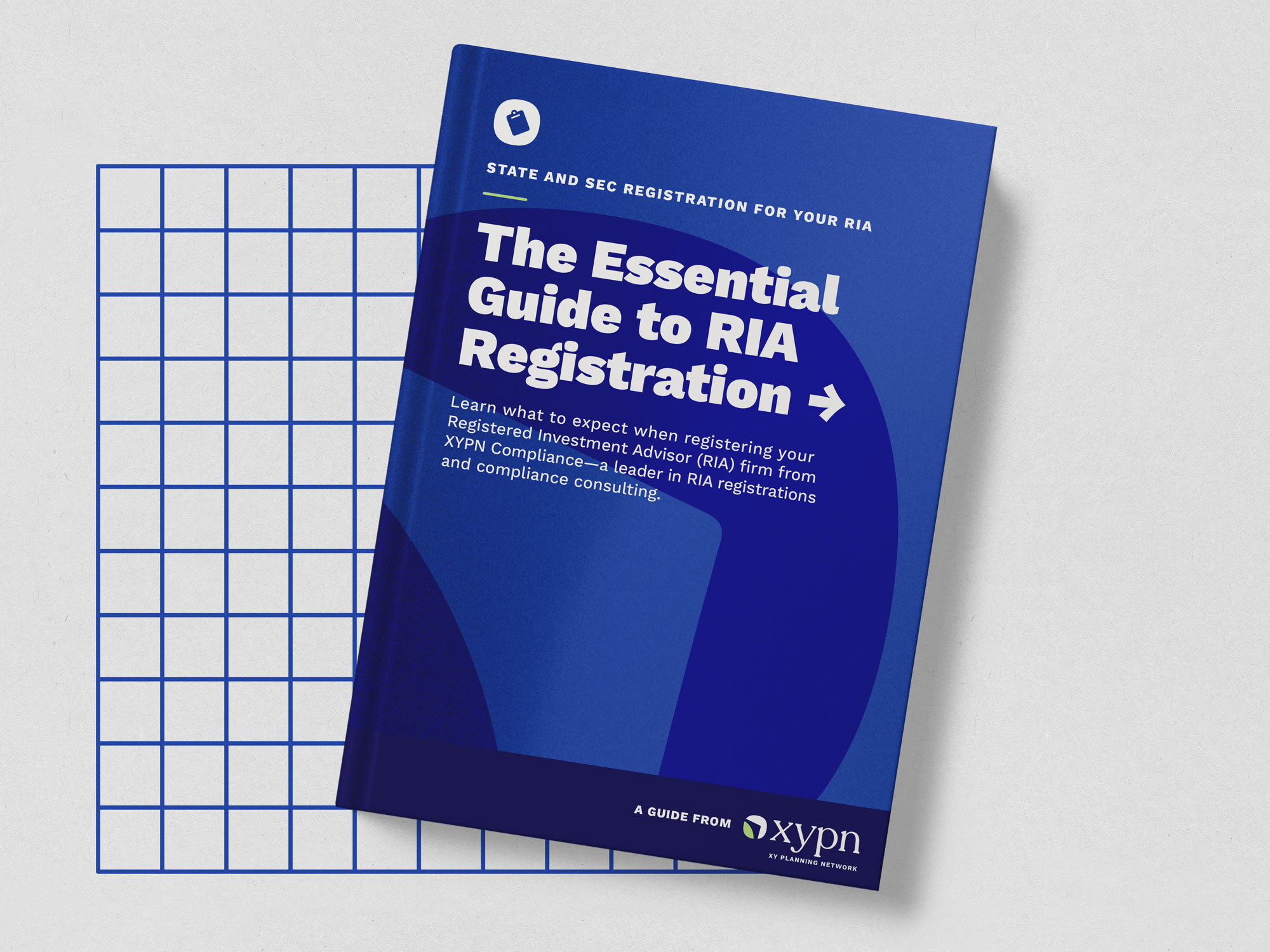Pennsylvania Investment Advisor Registration Process
How to Register as an Investment Advisor in Pennsylvania
FINRA Entitlement Paperwork: To initiate the process of becoming a registered investment advisor in Pennsylvania, individuals must first apply to the Financial Industry Regulatory Authority (FINRA) to create an account (Entitlement) for their WebCRD/IARD online system (the web application for the registration of RIA and its representatives). FINRA does not regulate or supervise RIAs, but the State of Pennsylvania uses FINRA’s WebCRD/IARD system to process applications.
Form ADV Part 1: Electronically file Form ADV through IARD. Form ADV Part 1 discloses information about the RIA, including its ownership structure, client base, operational practices, any disciplinary incidents involving the advisor or their employees, and affiliations. This form acts as the online portal for submitting additional documentation within the system.
Form ADV Part 2A: Detail your RIA’s fee structure, services, disciplinary disclosures, and other firm information in Form ADV Part 2A. Form ADV Part 2A is also known as the Firm’s Disclosure Brochure.
Form ADV Part 2B: Form ADV Part 2B provides information about the advisor, such as their education, employment history, potential conflicts of interest, and any disciplinary actions.
-
Minimum Net Capital for most advisers: According to State Code, "An investment adviser registered under section 301 of the act that has its principal place of business in this Commonwealth and has custody of client funds or securities shall maintain a minimum net worth of $35,000 unless the investment adviser has custody solely as the result of one of the following: (i) Has the authority to make withdrawals from client accounts maintained by a qualified custodian to pay its advisory fee and the investment adviser: [...] (ii) Serves as a general partner, manager of a limited liability company or a person occupying a similar status or performing a similar function which gives the investment adviser or its supervised person legal ownership or access to client funds or securities and the following conditions are met: [...] (4) An investment adviser that has its principal place of business in this Commonwealth and has discretionary authority over client funds or securities but does not have custody of client funds or securities shall maintain a minimum net worth of $10,000, unless the investment adviser places trade orders with a broker-dealer under a third-party trading agreement and the following conditions are met: (i) The investment adviser executes a separate investment adviser contract exclusively with its clients that acknowledges that a third-party agreement will be executed to allow the investment adviser to effect securities transactions for the client in the client's broker-dealer account. (ii) The investment adviser contract specifically states that the client does not grant discretionary authority to the investment adviser and the investment adviser, in fact, does not exercise discretion with respect to the account. (iii) The investment adviser, the client and the broker-dealer execute a third-party trading agreement which specifically limits the investment adviser's authority in the client's broker-dealer account to the placement of trade orders and deduction of investment adviser fees. (c) An investment adviser that has its principal place of business in this Commonwealth and does not meet the minimum net worth requirements of ¤ 303.042 (relating to investment adviser capital requirements) shall, if required by the Department, have and maintain a surety bond in the amount of the net worth deficiency rounded up to the nearest $5,000." Source, Source 2
Surety Bonds: Required if advisor falls below minimum net capital requirement and has discretionary authority
Fees: Submit a $400 fee for the firm's registration through FINRA IARD.
Disclaimer: This website offers general information and is not tailored to address individual business transactions or legal matters. It does not constitute legal advice and should not be relied upon as a substitute for professional legal guidance. While we strive to provide accurate and up-to-date information, we cannot guarantee its absolute accuracy or currency. Errors may occur, and laws may change over time. If you have any questions, please contact a Success Strategist.




